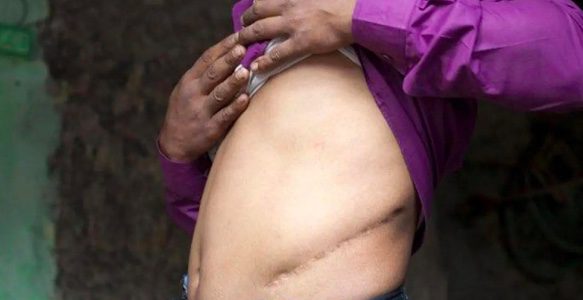
The chilling and growing industry of forced organ harvesting
In China’s Uyghur region, a massive expansion of transplant hospitals threatens to entrench allegations of forced organ harvesting from persecuted minorities. Meanwhile, thousands of miles away, in villages across Bangladesh and India, brokers prey on the poorest people, forging documents and bribing officials to feed an illicit trade in human kidneys. In both regions, vulnerable individuals are being exploited to feed a chilling, and growing, global industry.
No consent, no choice: China’s plan to expand forced organ harvesting
China’s National Health Commission announced in December 2024 that it will build six new transplant hospitals in the Uyghur region by 2030, tripling the region’s capacity. The plan, titled Plan for the Establishment of Human Organ Transplant Hospitals in Xinjiang Uygur Autonomous Region (2024–2030), aims to equip hospitals to perform transplants of “hearts, lungs, livers, kidneys and pancreas.”
According to the Daily Mail, the region’s voluntary organ donation rate is only 0.69 donors per million people, far below China’s national average of 4.6. Rights experts say this gap cannot justify such expansion unless it relies on prisoners of conscience.
“This massive expansion in Xinjiang, a region already under scrutiny for systematic repression, raises deeply troubling questions about where the organs will come from,” warned Professor Wendy Rogers of the International Coalition to End Transplant Abuse in China (ETAC).
David Matas, a human rights lawyer, added: “The concept of informed, voluntary consent is meaningless in Xinjiang’s carceral environment.”
One haunting example is Cheng Pei Ming, a Falun Gong practitioner whom authorities forcibly operated on after he refused to sign consent forms. He “awoke with a massive incision down the left side of his chest” and scans confirmed parts of his liver and lung were removed. While China claimed in 2015 to stop using organs from executed prisoners, no legal reform has banned harvesting from prisoners of conscience. As Dr Maya Mitalipova put it:
“This could be industrial-scale organ harvesting under a state-controlled system.”
“The lack of legal safeguards, the history of abuse, and the ongoing repression in Xinjiang all point to the urgent need for independent scrutiny,” Mitalipova said.
